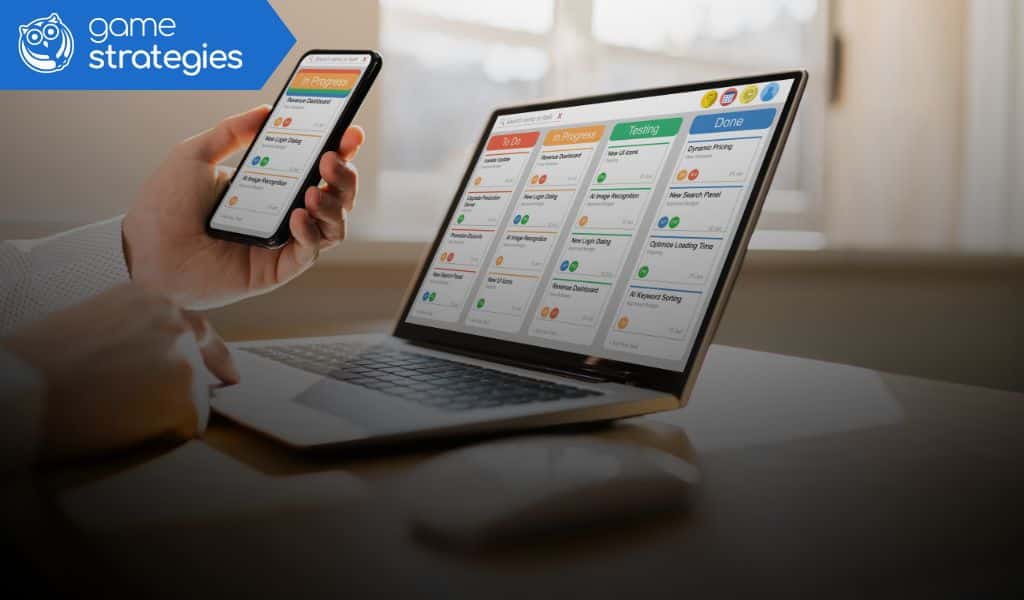
Gamification apps apply game mechanics to everyday tasks, transforming routines into engaging experiences that improve motivation, knowledge retention and overall performance. From classrooms to corporate teams, these tools are reshaping how we learn, work and stay healthy.
A gamification app is a software application that integrates game‑style elements—rewards, levels, challenges or leader boards—into non‑game contexts to increase user engagement and commitment. By applying video‑game design principles, gamification apps make study, work or personal goals more compelling and effective.
Gamification apps use points, badges, rankings and missions to influence user behaviour. Their focus varies by sector: in education they encourage active learning; in business they enhance productivity and team management; in health they support healthy habits; and in marketing they boost customer loyalty.
Designed for students, teachers and autodidacts, these apps promote learning through interactive quizzes, collaborative challenges and reward systems for academic achievement.
In corporate settings, gamification apps aim to raise efficiency, foster teamwork and support goal attainment via challenges, leader boards and point systems.
These apps turn exercise, meditation and healthy routines into enjoyable activities, encouraging self‑care through playful experiences.
Brands deploy gamified apps to attract, retain and reward users through prize draws, points schemes or interactive challenges, thereby enhancing customer engagement.

Kahoot! remains a leader in educational gamification. It lets users create real‑time quiz games that energise classrooms and virtual training alike, making learning dynamic and fun.
Key uses: schools, universities, corporate training, events.
ClassDojo turns classroom management into a positive experience. Teachers award points for good behaviour, set personalised goals and share progress with parents, while built‑in messaging keeps families informed.
Key uses: primary and secondary education, social‑emotional skills, behaviour management.
Duolingo revolutionised language study through levels, streaks and daily rewards. The 2025 version adds richer social functions and interactive challenges to boost retention and keep learners engaged.
Key uses: beginner language learning, quick revision, flexible daily practice.
Habitica turns your to‑do list into a role‑playing game. Completing tasks earns experience, gold and custom rewards. Users create avatars, join parties and tackle group quests—ideal for anyone seeking gamified productivity.
Key uses: personal organisation, routine building, positive habit development.
Zombies, Run! makes running or walking a survival mission. Through a rich narrative, the app mixes adventure, collectibles and distance‑based rewards. The 2025 edition introduces co‑op modes and daily challenges.
Key uses: running and endurance training, outdoor activity, story‑driven workouts.
A strong gamification app should adapt to the user’s profile. Options to customise challenges, rewards and difficulty reinforce engagement and a sense of control over progress.
Look for apps that sync with calendars, health trackers, task managers or learning platforms. Seamless integration enhances functionality and embeds the app into daily routines.
Gamification apps have shifted from trend to necessity, transforming how we learn, work and live. Whether you are seeking a more engaging study method, a motivating fitness routine or a gamified productivity system, the options above highlight the best paths forward. Visit GameStrategies.io for more insights and strategies on learning through play.